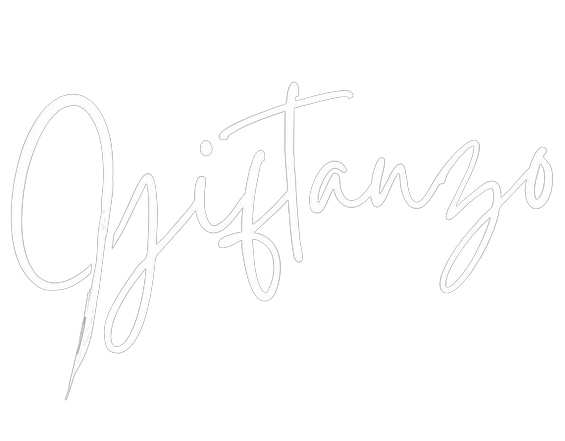
Erotic literature, often categorized under terms such as “erotic story” or “+18 story,” has been a part of human culture for centuries. From the ancient Greek texts of Sappho to the modern-day works of Anaïs Nin and E.L. James, this genre has captivated readers and sparked explicit video content controversial discussions. But what makes erotic literature so alluring, and what impact does it have on its readers?
First, let’s define erotic literature. It is a genre of writing that explores human sexuality and desire through explicit descriptions and scenarios. The primary goal is to arouse the reader, but these works often delve into deeper themes, such as relationships, power dynamics, and personal growth.
One of the allures of erotic literature is its ability to provide a safe and private space for readers to explore their own desires and fantasies. Unlike pornography, which often focuses on visual stimulation, erotic literature allows readers to use their imagination and create their own mental images. This can lead to a more intimate and personal experience, as readers can tailor the scenarios to their own preferences and boundaries.
Erotic literature can also serve as a form of sexual education. Many works explore various aspects of human sexuality, including consent, communication, and safe practices. By presenting these topics in a relatable and engaging way, erotic literature can help readers gain a better understanding of their own sexuality and relationships.
However, erotic literature is not without its controversies. Critics argue that it can perpetuate harmful stereotypes and promote unrealistic expectations of sex and relationships. Additionally, some works may contain non-consensual or harmful scenarios, which can contribute to a culture that normalizes sexual violence.
To mitigate these concerns, it’s important for readers to approach erotic literature with a critical eye. This means considering the context and themes of the work, as well as the author’s intentions and background. By engaging in thoughtful and respectful discussions about erotic literature, we can promote a healthier and more inclusive understanding of human sexuality.
In conclusion, erotic literature has a unique allure and impact on its readers. It provides a safe and private space for exploration, serves as a form of sexual education, and can spark thoughtful discussions about human sexuality. However, it’s important for readers to approach this genre with a critical eye and consider the potential controversies and concerns.
As a writer, I find erotic literature to be a fascinating and complex genre. It’s a delicate balance of exploring human desire while also promoting healthy and consensual relationships. By continuing to push boundaries and challenge societal norms, erotic literature can serve as a powerful tool for personal growth and exploration.


